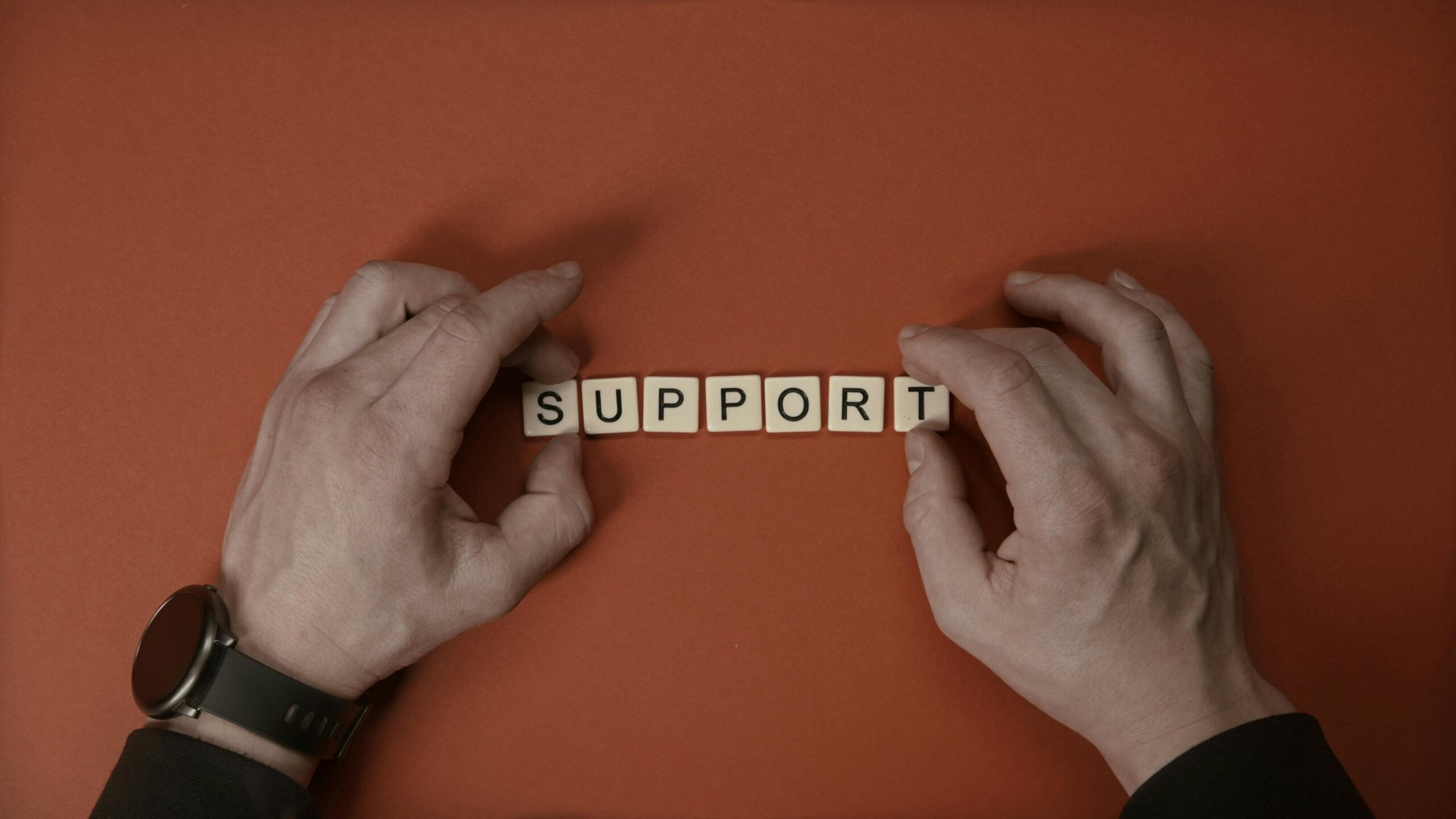By Joseph Assal, Licensed Clinical Psychologist
War is an incredibly challenging time, bringing waves of distress, sadness, and anxiety for many people. The uncertainty, the fear—it can feel like too much. Some of us are caught in our own struggles, while others want to help in any way they can.
So, how can we support each other when times get tough? Here’s a guide to understanding psychological first aid (PFA)—what it is, why it matters, and how we can offer it effectively.
What’s Psychological First Aid, anyway?
Think of PFA as emotional CPR. It’s a set of simple, but powerful, skills aimed at helping people who are feeling overwhelmed by their emotions. PFA gives people the tools to feel calmer, safer, and more able to cope, even in the most difficult circumstances. It’s all about providing immediate support to those who need it most.
Who Can Give PFA?
Here’s the good news: you don’t have to be a psychologist or therapist to give PFA. First responders, healthcare workers, volunteers, and even friends and family can learn to provide it. While having some training helps, anyone who’s equipped with the right approach can make a big difference. And don’t forget—if you’re offering support, make sure you’re taking care of your own mental health too. Self-care is crucial for everyone involved.
How Do People React to Crisis?
Everyone’s different, and people respond to crises in all sorts of ways. Here are some common reactions:
- Shock and disbelief
- Fear and anxiety
- Sadness and grief
- Anger and irritability
- Guilt or self-blame
Knowing that these feelings are normal can help you approach someone with more empathy and patience.
The Three Steps of Psychological First Aid: LOOK – LISTEN – LINK
To provide effective PFA, try following these three steps:
LOOK: Start by assessing the situation. Look for people who may need help, check that things are safe, and see if there are any immediate needs that have to be met.
LISTEN: When you approach someone, introduce yourself and ask if it’s okay to talk. Listen carefully to what they share and let them know it’s okay to feel however they’re feeling. If you’ve been trained, you can also use calming techniques to help them relax.
LINK: Help them connect with resources that can offer further support, or guide them to make a plan to meet their needs. Encourage problem-solving and provide a bit of hope.
Best Practices for Providing PFA
- Listen like you mean it: Think of it as giving them the mic. Let them be the rockstar of the conversation.
- Make it a safe zone: Show them they’re in a “judgment-free zone” with you. Whatever they’re feeling, it’s cool.
- Reassure like a pro: Let them know they’re not alone in this. You’re here, and they’ve got support.
- Stay chill: Your calm vibe can rub off on them, so take a deep breath and keep it steady.
- Be patient—think turtle pace: Give them the time they need to open up. It’s not a race!
- No “mind reading” allowed: Don’t assume you know what they’re going through. Just listen and learn.
- Respect their world: People come from all walks of life, so be mindful of what might matter to them.
- Keep it on the down-low: Whatever they share, it’s between you two—unless safety is a concern.
Key Things to Keep in Mind
- Everyone’s got their own way of handling things: Some people prefer a cozy chat; others might deal with things solo. Either way, it’s okay.
- Not everyone’s up for a heart-to-heart: Some folks might not want or need PFA, and that’s cool.
- Don’t forget the bystanders: Those who witness tough events might need some PFA love too.
- Delayed reactions are real: Just because someone seems okay now doesn’t mean they won’t feel it later.
- It’s not one-size-fits-all: Each person’s response is as unique as they are, so treat each moment with fresh eyes.
When to Call in the Pros
PFA is amazing, but sometimes a little extra support is needed. Here’s when to consider referring someone to specialized help:
- Trouble sleeping or confusion that lasts over a week: When someone can’t get a good night’s sleep and it’s affecting their clarity, it’s time to bring in more support.
- Daily life feels impossible: If routine tasks are too much, extra help can make all the difference.
- Big mood swings or extreme emotions: Intense anger, sadness, or mood swings might need a pro’s touch.
- Thoughts of self-harm or suicide: If they mention self-harm or suicide, specialized care is essential.
- Using substances to cope: If there’s new or increasing reliance on drugs or alcohol, professional guidance is important.
Final Thoughts
So, a little kindness goes a long way. Psychological First Aid is all about being that steady presence, offering a listening ear, and letting people know they’re not alone. These small gestures can bring comfort, resilience, and maybe even a bit of hope.
We’ve got this, together.
References
1 – American Psychological Association. (2013). Guidelines for the practice of trauma-focused cognitive behavior therapy. https://www.apa.org/practice/guidelines/trauma
2 – American Psychological Association. (2018). Trauma and PTSD: Understanding the impact of trauma. https://www.apa.org/topics/trauma
3 – World Health Organization. (2011). Psychological first aid: Guide for field workers. https://www.who.int/publications/i/item/psychological-first-aid-guide-for-field-workers
